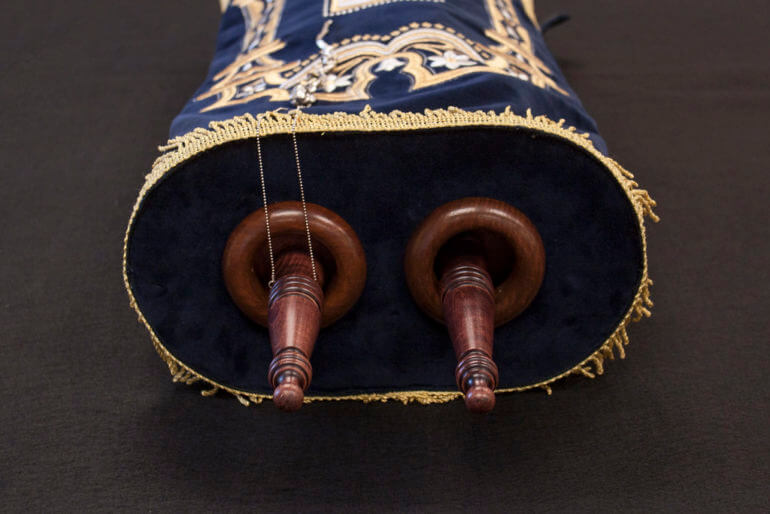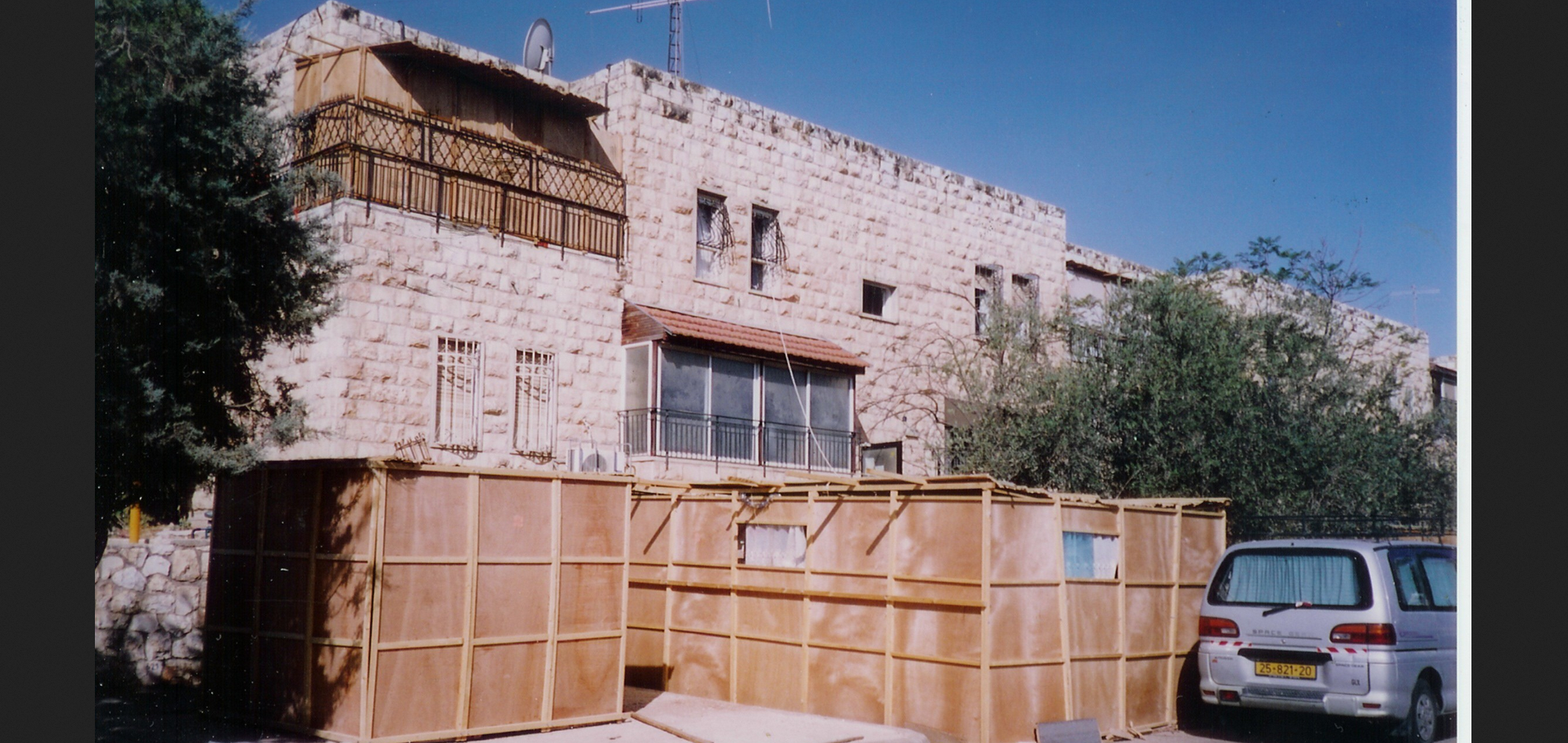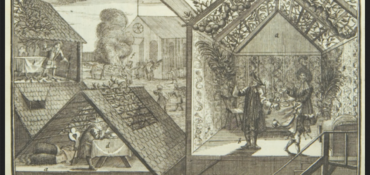
Through Hard Times, How Does Torah “Hold up the World”?
Dear Jew in the City,
People often say that learning Torah “holds up the world.” What does that mean exactly? At this time when it’s being more stressed than ever, how is it actually helping?
Sincerely,
Erin
Dear Erin,
Thanks for your questions. Before I answer them, I’d like to give you some important background information about Torah study.
I think you understand that there are mitzvos (literally, commandments) and there are aveiros (“sins,” for want of a better term). When we perform mitzvos, we are doing Hashem’s will, whereas aveiros are the opposite. Mitzvos lead to merits, while aveiros lead to “demerits.” We want to increase the positive spirituality in the world through the performance of mitzvos and the avoidance of aveiros. This is all pretty self-evident.
Well, it just so happens that Torah study is the mitzvah par excellence.
The Torah tells us, “These things that I command you today shall be on your heart. You shall teach them to your children and you shall speak of them when you sit in your house and when you walk on the way…” (Deuteronomy 6:6-7). This is the commandment to study Torah.
But Torah study isn’t just another mitzvah. The Talmud in Shabbos (127a), which we cite in part in our morning prayer service, tells us that Torah study is equal to all other mitzvos combined. Similarly, the first Mishna in tractate Peah – also cited in davening – tells us that Torah study has no limit. This is derived from Joshua 1:8: “This book of the law shall not depart from your mouth. Rather, you shall meditate on it day and night.” One can’t learn too much Torah; it has no limit.
In tractate Kiddushin (40b), the Sages debated which was greater: study or action. The consensus reached was that study is greater because it leads to action. After all, we can’t possibly perform the mitzvos if we don’t know what they are or how to do them!
Here are just a few more thoughts about the importance of Torah study (and trust me, there are many from which to choose):
- One of the questions a person will be asked when his life is over is whether he set aside time to study Torah (Shabbos 31a);
- God metaphorically “cries” if a person has the opportunity to study Torah but doesn’t (Chagigah 5b);
- God says, “I created the yetzer hara (evil inclination) and I created the Torah as a remedy for it. If you study Torah, you will not be overcome by the yetzer hara” (Kiddushin 30b);
- If you have learned a lot of Torah, don’t give yourself too much credit because that’s the reason you were created (Avos 2:9);
- One who increases Torah, increases life … One who has acquired a knowledge of Torah has acquired life in the World to Come (Avos 2:8).
With all this in mind, one should not be too surprised by the statement of Shimon HaTzaddik in Avos 1:2: “The world stands on three things: on Torah, on avodah (service to God, i.e., prayer) and on acts of lovingkindness.”
But you asked what it means. To answer that, let us look at another statement from Pirkei Avos. In mishna 1:18, Rabban Shimon ben Gamliel says, ” The world stands on three things: on judgment, on truth and on peace….”
So what’s going on here? Does Rabban Shimon ben Gamliel disagree with Shimon HaTzaddik? Does the world stand on a total of six things? To clarify the apparent discrepancy, let us turn to the Maharal’s commentary on Avos 1:18. There he explains that Shimon HaTzaddik is referring to the foundational principles for which the world was created; Rabban Shimon ben Gamliel is talking about the things we need to put into the world in order to keep it going. So studying Torah is one of the reasons the world was created, as are getting closer God (which, as we discussed previously, is the goal of prayer) and doing good for one another.
So I think the importance of Torah in general is pretty clear, but you also ask specifically how it helps “at this time.” I assume you are referring to the current conflict between Israel and Hamas in Gaza.
The Torah applies to all aspects of life, including warfare. A number of mitzvos pertain to how to conduct ourselves in war, such as to allow an escape route, which we see in practice when the IDF tries to get civilians to evacuate. But there’s more to it than that.
In Biblical times, declaring war was the prerogative of the king. Some of our ancient kings were renowned strategists and warriors, but Torah had to guide their way. There’s a mitzvah for every man to write a sefer Torah (Deut. 31:19) On top of this, the king was commanded to write a second sefer Torah (Deut. 17:18).He was to carry this Torah with him at all times and to refer to it constantly for guidance (ibid., v. 19).
Of course, this doesn’t address how our Torah study is supposed to help. For this, let us turn to the neturei karta.
No, I don’t mean the fringe protest group called Neturei Karta, I refer to the originals, from whom the modern group took their name.
In the Talmud Yerushalmi, in tractate Chagigah (1:7), we are told how Rav Yehuda HaNasi sent messengers to inspect the cities of Israel and assess their educational needs. In one town, they found no teachers, so they asked to see the city guardians – neturei karta in Aramaic – in response to which they were shown the local troops. Rav Yehuda’s messengers corrected the residents that this wasn’t what they meant. Rather, the real guardians of a city are its Torah teachers. They referred the residents to Psalms 127, which tells us that “if God doesn’t watch the city, the watchman wakes for nothing” (v. 1).
So yes, of course we need the army – as well as firefighters, police, EMTs and other emergency workers – but we mustn’t overlook the contribution of the Torah scholars. Exodus 17:11 tells us that during the war with Amalek “when Moshe held up his hand, Israel prevailed, but when he let his hand down, Amalek prevailed.” The Mishna (Rosh Hashana 3:8) asks, “Did Moshe’s hands win or lose battles?” It answers that Moshe’s actions provided inspiration to the troops. When the Jews looked up, they turned their hearts to God and prevailed. If they didn’t, they lost.
So to answer your questions, Torah study is a mitzvah that carries the merit of all mitzvos combined, which we need. It’s one of the reason the world was created. The Torah dictates our ethical behavior in war, and our military leaders must be guided by its wisdom. The Torah scholars are the ultimate guardians of a city because without God, the soldiers would not be able to do their jobs. Finally, our spiritual leaders – again, the Torah scholars – are meant to inspire us with proper motivations in our conflicts. With the merit and guidance of Torah study, hopefully we can navigate the current battle, as well as future skirmishes, to speedy resolutions with minimal loss of life.
Sincerely,
Rabbi Jack Abramowitz
Educational Correspondent
Follow Ask Rabbi Jack on YouTube
If you found this content meaningful and want to help further our mission through our Keter, Makom, and Tikun branches, please consider becoming a Change Maker today.









